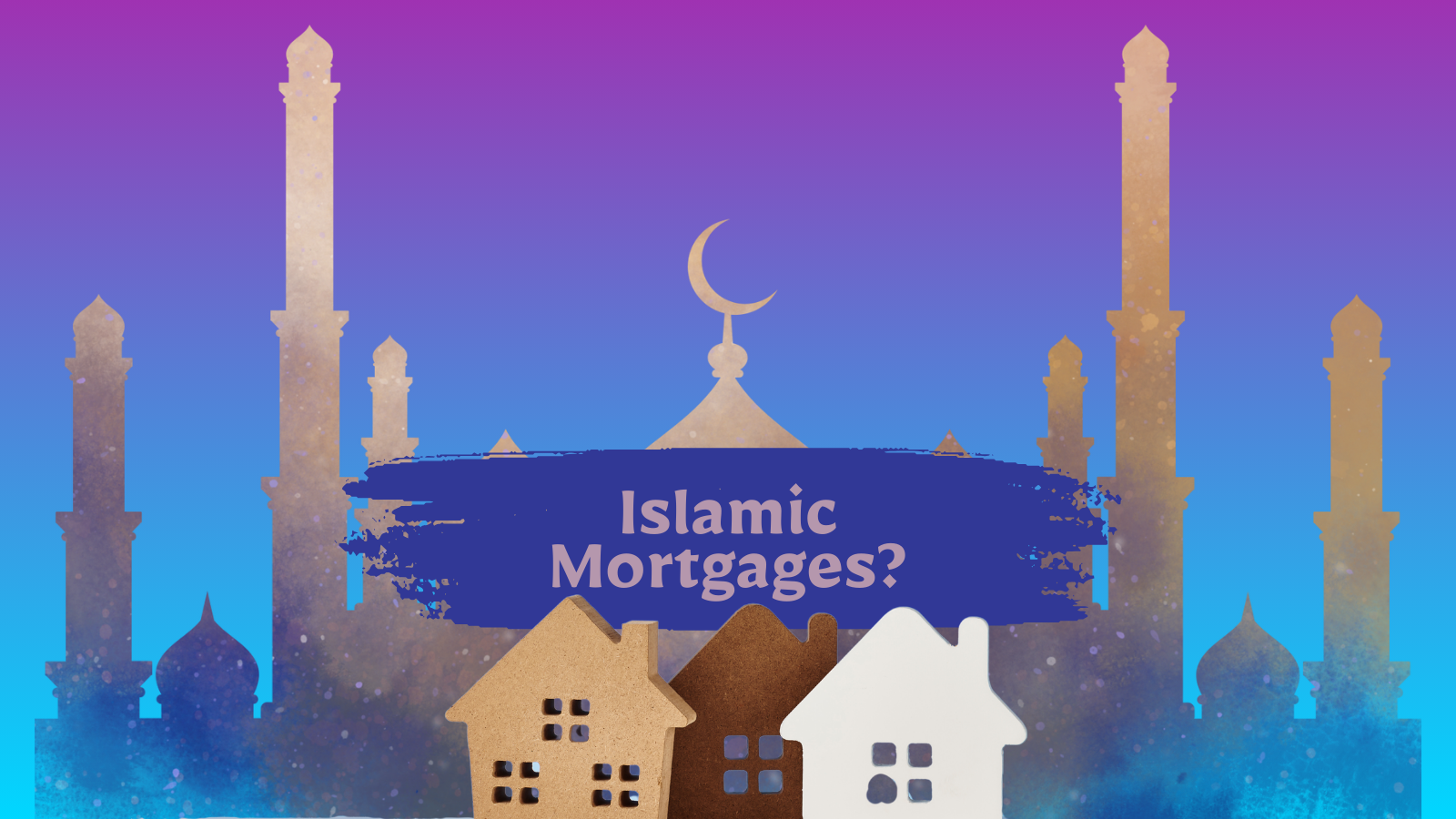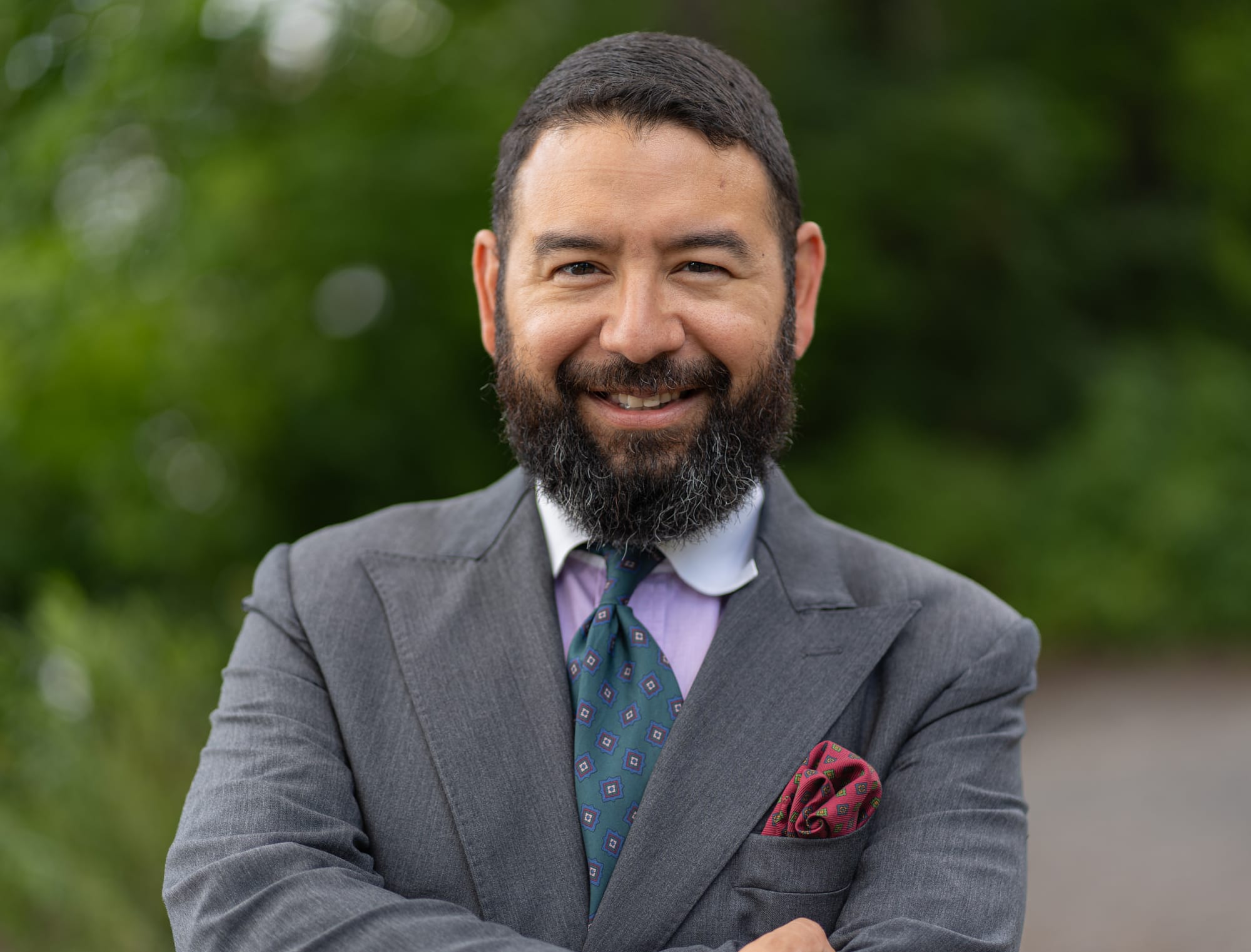What are Islamic Mortgages?

When Justin Trudeau announced the 2024 Federal Budget, he discussed new initiatives to make home ownership more accessible.
One of these initiatives involved Halal Mortgages.
Let's take a moment to say: Islamic fundamentalists are NOT taking over Canada. This is a false claim that has no basis in reality.
In actuality, tese are specialized financial tools designed to allow individuals to purchase property in a way that aligns with their religious beliefs, specifically the Islamic prohibition against paying or receiving interest.
It's crucial to remember that, while they operate differently from conventional mortgages, Islamic mortgages are still business transactions.
As such, they involve fees. These are not an attempt to circumvent the rules, but rather a necessary part of doing business and providing this service.
Because of their unique structure, these types of mortgages carry more risk for the lender.
This is because they involve more complex arrangements and contractual obligations than traditional mortgages. As a result, they tend to be more expensive than their conventional counterparts.
There are several types of Islamic mortgages, each with its own unique structure.
One of these is the Ijara model, which is essentially a rent-to-own agreement.
Under this model, a bank or other financial institution purchases the asset — in this case, a property.
They then lease it to the customer over a set period. The payments made by the customer go towards both the repayment of the capital and provide a profit for the lender.
Another form of Islamic mortgage is Musharaka. This is a partnership model, with both the financier and the customer owning the property.
Over time, the equity is gradually transferred from the financier to the customer. Once the equity transfer is complete, the partnership dissolves.
Lastly, the Murabaha model is a different form of Islamic mortgage, functioning more like a credit sale than a loan.
Here, the property ownership is immediately sold to the customer, with the financier's profits included in the final sale price.
When determining this price, factors such as the buyer’s credit history, the size of their deposit, and the terms of the agreement are taken into account.
It's important to understand these variations as they each offer different benefits and considerations for the customer. As with any financial decision, it's crucial to thoroughly research and consider your options before making a decision.
Why am I bringing this up?
I believe that home ownership should be accessible to everyone regardless of religion or ethnic background.
And I enjoy educating Canadians on all their options. In fact, Islamic mortgages are NOT EXCLUSIVE to Muslims. It's really just a form of financing that is different from the common mortgages we are used. Everyone has access to them.
Might one of these mortgage structures be right for you? That might depend on whether you feel your relationship with your financial institution should be more equitable.



Discussion